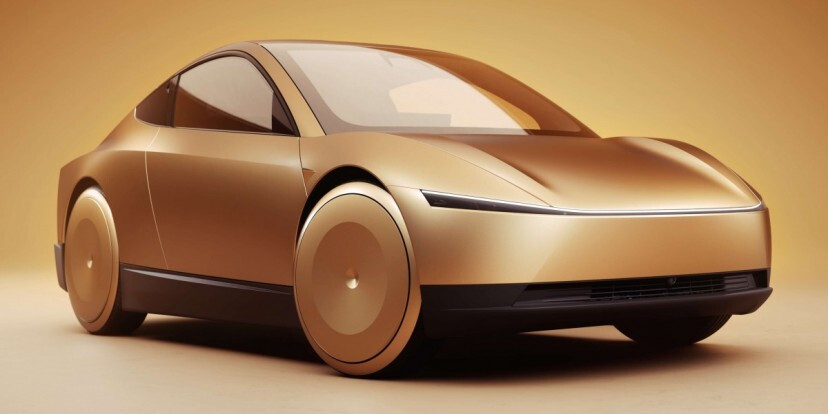
Tesla is set to revolutionize urban transportation with the launch of its robotaxi service in June. CEO Elon Musk announced the ambitious plan during the company's fourth-quarter earnings call, revealing that the service will initially roll out in Austin, Texas, where Tesla's headquarters is located.
"In June, there will be Teslas in Austin with nobody in them," Musk stated, emphasizing the company's commitment to fully autonomous driving. He expressed confidence that the service would expand across the United States by next year.
The robotaxi service will utilize Tesla's Full Self-Driving (FSD) software, which has seen significant improvements in recent versions. Musk highlighted the advancements in FSD version 13 and teased even more significant progress with upcoming versions.
Initially, the robotaxi service will utilize Tesla's existing fleet of vehicles. However, the company is also developing a dedicated robotaxi vehicle, the Cybercab, with production slated to begin in 2026.
In addition to the robotaxi service, Musk provided updates on Tesla's humanoid robot, Optimus. He expects to have around 1,000 Optimus robots built by the end of the year, performing useful tasks.
While Tesla's future prospects seem bright, the company reported disappointing fourth-quarter results. Revenue and earnings per share fell short of analysts' expectations, and vehicle sales declined for the first time in the company's history. Tesla attributed the sales decline to price adjustments and financing options, which led to a decrease in the average selling price of its vehicles.
Despite the recent setbacks, Tesla remains optimistic about its future. The company anticipates a return to growth in its automotive business in 2025, driven by advancements in autonomous driving technology and the launch of new products, including more affordable models.
Tesla is not the only automaker eyeing the low-cost EV market. Japanese automaker Honda recently announced plans to launch an electric vehicle priced below $30,000 in North America as early as 2026. This move could intensify competition in the affordable EV segment, with other automakers like General Motors also exploring options for sub-$30,000 EVs.
Tesla's foray into the robotaxi market and its plans for affordable EVs signal a significant shift in the transportation landscape. With fully autonomous vehicles on the horizon and increasing competition in the EV market, consumers can expect more choices and potentially lower prices in the near future.
[Copyright (c) Global Economic Times. All Rights Reserved.]






























